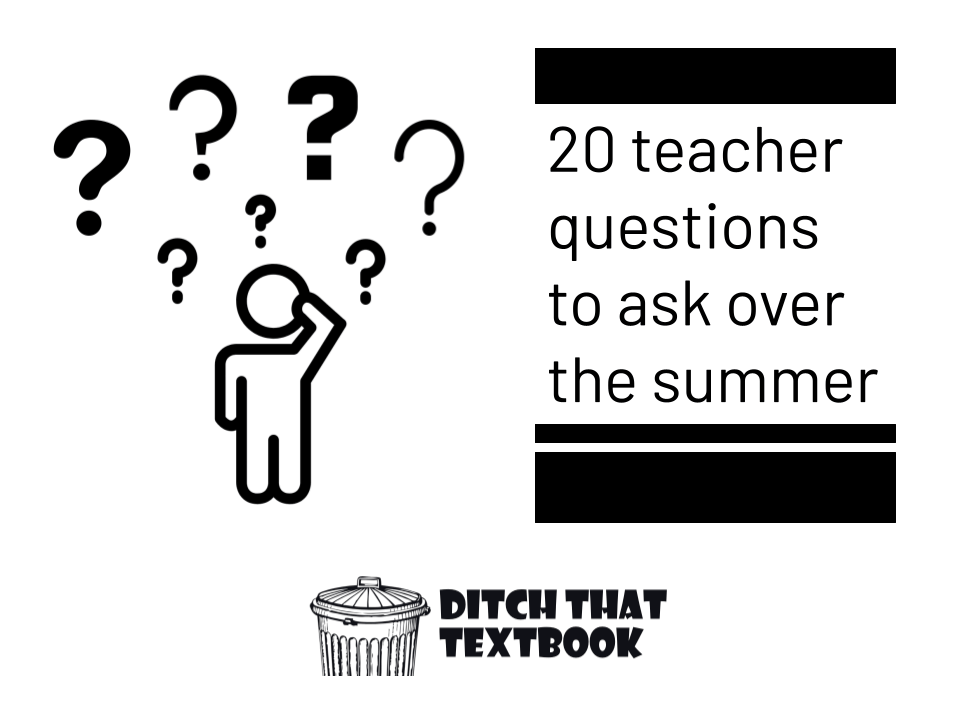
Summer is a great time for big-picture reflection. Here are 20 teacher questions to think about.
In the heat of a school year, there's a LOT on teachers' to-do lists.
Lesson planning. Grades. Emails. Meetings.
Oh, and we have to teach, too!
After we close the (grade)books on a school year, it's time to take it easy, recharge, relax, and get in the best mental space possible.
When we're ready to start thinking about teaching again, summer is the perfect time to do some big-picture thinking. We can reflect on and plan for bigger goals, plans, and strategies than we can feasibly in the heat of a school year.
If it's summer and you're not ready to go there yet, maybe bookmark this page and come back to it.
But if you're ready to level up your teaching for next school year, here are some questions to consider. Maybe take them one at a time -- or a few at a time -- on a leisurely walk or while you're relaxing by the pool.

1. What do I want my education legacy to be?
"Wow, Matt, you're going for the big stuff right away!" Yeah, I know ... but this is a question I never have felt like I thought about enough. Or maybe it's that I haven't planned for it enough.
When your education career is finished, how will people describe you -- students, parents, co-workers, leadership, community? I've even written short mission statements about my goals as an educator to try to stay focused. Posting those in a place where you'll see them can help. (For me, that's always been taped to my computer monitor.)

2. What is my best lesson? What is my favorite lesson?
The answer may be the same to those questions. Or they may be different. For these questions, "lesson" means a day of instruction ... but if you prefer to look at an individual activity or even a multi-day lesson, that's up to you.
Let's reverse engineer it and see what we can learn. Think about why it's effective. Why it's fun. Why you (and/or the students) like it. Are there takeaways here that you can apply to other lessons? You might write those down someplace (a sticky note?) where you'll see them when you lesson plan.
3. What's a lesson I always struggle to teach?
You saw this one coming, didn't you? If we're going to analyze the good ones, we're probably going to analyze the bad ones, too. But if you're like me, when life is busy and there's no time to reflect, these are the ones you run from as soon as you're done teaching them.
Just sit with this lesson you struggle to teach. What don't you like about it? Where do things break down between you and the students? What is it missing? Maybe there's someone who teaches something similar that can provide some suggestions or ideas.

4. What's my lesson planning process?
How do you plan lessons? Let's look at it from several angles.
- Where are you when you plan, and is that environment conducive to planning for you?
- When you envision a lesson from the beginning, what do you see -- the end product, the instruction, the students working, something else?
- Where do you start? How do you know what comes next?
- How do you write down what you envision -- and does that process work for you?
There's a LOT we could cover here, and much of it will be covered in questions below, too.

5. How are my relationships with my students?
For lots of great teachers I've met, this will be the easiest question in the group. My wife is one of those teachers. She chats with students all the time. They come to her with struggles and she helps them. If I'm being honest, that's never been my strength. I've had to work at building relationships with my students.
Are there times and places in your day where you need to remind yourself to connect with students? (Or, like me, where you need encouragement to be brave and strike up conversations?) It's not weird to plan these kinds of things because, as the famous maxim goes, failing to plan is planning to fail.
6. How well am I using my prep period?
One year, I taught five classes back to back to back before lunch. Then I had my prep period. It was hard not to just collapse and take a nap through the whole thing. After all that strenuous teaching, the last thing I wanted to do was plan lessons and grade assignments.
That year, I found that the best use of part of my prep period was to give myself some time to rest. But if I wasn't mindful about it, I would spend time resting when I needed to plan and grade -- so I could go home at a reasonable hour, where I would REALLY rest. One practice that has helped me is keeping a time log of activities during my work time -- start time and activity I'm starting. It's interesting to see how each minute is really spent.

7. How do I keep myself organized?
All over TikTok, there's been talk about how you organize your classroom. Type A teachers have everything organized, labeled, color code and neatly stored. Type B teachers have messy desks and piles or papers and materials haphazardly everywhere -- but they know where everything is!
I've had to stop and analyze how I organize my teaching resources -- the physical ones AND the digital ones. I'm still very much an organizational mess in many ways, but one trick did help. In my Google Drive, instead of sorting with folders, I gave each filename a little code at the beginning. For example, on a file called "i u2w3 study guide," it was a study guide for Spanish I ("i"), unit 2 ("u2"), week 3 ("w3"). Whenever I searched Drive for "i u2w3" I would get EVERYTHING tagged for that week.

8. Is there anything I need to start saying "no" to?
This is a tough one, and it's one you might need to sit with for a while. There's that well-worn saying that every time you say "yes" to something, there are lots of things you're saying "no" to. I coached high school swimming for five years. There was a LOT I really loved about it. But I have three kids, and after five years, they were getting older. I didn't want to miss their activities -- and I didn't want to miss those everyday moments at home. I was sad to say goodbye to coaching swimming, but it was time to say "no" to it -- and yes to my family.
That's a bigger "no," and there are certainly smaller "no" answers as well. Saying "no" -- and standing by it -- may be what's needed for your mental health, your family, or your personal success.
9. Are there times when I could do less for my students?
A 2011 post by educator Peter Pappas got me thinking about this. "If students are going to be productive in a dynamic society and workplace they will need to be agile, fluid learners," he wrote. "Every summer, teachers get to re-invent themselves – to rethink their instructional approach. Here’s your essential question for the coming school year – 'How can I stop scaffolding every task for students, and have the courage to be less helpful?'"
I've struggled with this BIG TIME. When teaching Spanish, I always wanted my students to think learning Spanish was easy. But that doesn't always equate to sticky learning. In the book Make It Stick by Peter C. Brown, Henry L. Roediger III, and Mark A. McDaniel, they point to "desirable difficulties." They're the struggles that make learning stick -- and make students better learners.

10. Could more collaboration help me teach better?
Here's an idea I pose in my keynote speeches at schools and teacher conferences: When you don't collaborate with other educators in some ways, you are limiting your students. That's because they're limited to only your brain -- one brain's worth of ideas and experiences. But we can draw upon the brilliance of others just by asking, "What do you think of this?" or "What could I change or add here?" When we do that, we are no longer the limiting factor to our students. We become the empowering factor! We empower students to see more, do more, and experience more because they're exposed to the ideas of many people instead of just one.
Could you empower your students to experience more by collaborating? Who could you collaborate with? Where are forums online -- or in person -- where you could bounce ideas off others?

11. How do I ensure all students have a voice?
It's easy to hear from the students that raise their hands. That come to you with questions. That are passionate about what you teach. But what about the quiet students? The ones who don't surge to the front of your attention? If we don't make intentional effort to hear from everyone, we're probably missing someone.
There are different ways for students to have a voice, too. It can be their spoken voice -- teacher communication or student-to-student communication. It can be giving students choices in content or how class is run. It can also be helping students to take a stand and make changes they hope to see in school or in the world.

12. How do I stay relevant?
This is a constant struggle for any well-intentioned teacher. We want to make sure we're relevant to our students' lives, giving examples and making connections that matter to them. But we also want to be relevant to the real world, knowing where the world and the workforce is going and preparing students for it.
How do you stay connected with what students are interested in? With what they need? How do you keep a finger on the pulse of what's going on outside the walls of the school? The good news: You don't need to be a guru or an expert to be better in this arena.

13. Am I using the tools available to me to their potential?
I've fallen prey to this one. I get comfortable using the basic features of my learning management system, for example. I create assignments the same way with the same basic features. Then someone shows me a process they use that's different and really effective. I think, "Where was that my whole life?!?" Turns out, it was right in front of my face.
Take a look at the teaching tools you use. Press the buttons and try the options you never use. See if there are some new-to-you features that can level up your teaching and save you some time.

14. Do I plan my lessons with a culturally relevant lens?
I've been pretty nearsighted in my lesson planning in the past. I'm a married white male with three kids who lives in the Midwest and loves sports and technology. My lesson plans have shown that, too. The references I make, the examples I share, the analogies I make ... so many of them have been through a lens that reflects my experiences in life.
Can you learn about the cultural and life experiences your students have -- and then help your teaching reflect them? Can your interactions with your students reflect them? In the book Culturally Responsive Teaching and the Brain by Zaretta Hammond, she identifies tons of benefits of this, including strengthened student relationships and improved attention in class.

15. If my students didn't have to be there, would I be teaching to an empty room?
I read this question eight years ago in Teach Like a Pirate by Dave Burgess and it has stuck with me ever since. When learning is a sensory experience that students look forward to, everything changes. Even if we can't make class something magical every day, we can aspire to make it something students look forward to. If we set that as the bar and try to reach it every day, we'll be stretched in that direction.
Are there new places where you can make learning enjoyable? Memorable? Fun?

16. What do I want to keep from remote learning?
When teachers switched to remote learning during the COVID-19 pandemic, they were forced to try new practices and learn new strategies. It was a struggle and frustrating at times, but it ended up being an incredible learning experience. Although many have been reminded of how much they love their face-to-face classes, they learned some things that can improve their practice.
What were the parts of remote learning that worked? That had surprising, unexpected success? That you can incorporate into your teaching going forward?
17. What is my best quality as an educator?
A little honest self-validation isn't a bad thing. I'm my own worst critic, and if you're like me, you spend way more brainpower than you should analyzing your weaknesses. Take a moment to reflect on your strengths. What are you good at? What do your students appreciate about you?
You might even ask a few students -- or even some colleagues or parents -- about your best quality. It's not about self aggrandizing. It's about getting clear on your strengths so you can maximize them.
18. Where could I stand to take a risk?
I've heard it said that if you haven't failed recently, maybe you aren't stretching yourself enough or taking enough risks. Those types of statements tend to oversimplify sometimes, but maybe there's a bit of truth to them. After several years of teaching high school Spanish the textbook way -- textbooks, worksheets, workbooks -- I wasn't getting the results I wanted. I took a risk and started teaching Spanish conversationally with less reliance on the textbooks. The road was bumpy and there were failures, but I'll never look back as an educator.
Is it time for you take a chance on something where you're not sure how it'll go -- for the sake of your students?

19. How can I provide for my students' social-emotional needs?
Being a student is tough. There's a lot of pressure, and learning how to function in society and who you are as a person can make that pressure harder. Students are often going through a lot more than they show on their faces and tell us in their words. Sometimes, they need an outlet. Sometimes they need more than that.
Are you helping students navigate the tricky path of simply being a human? Do you have ways for them to let you know how they're doing or if they need help? Are you helping them with their mental health and their overall wellbeing?

20. Do I need a change?
We're not static creatures, intended to be the same year after year. Our abilities grow. We develop new interests. Even our life situations change and require us to change as well.
Where do you want to be in 5 years, 10 years, 20 years? What excites you about your work? Is there are different walk of education -- even a different line of work -- that could invigorate you in a different way? Hey, we're not trying to drive great educators out of the profession at all. But everyone deserves to take a long, hard look in the mirror and decide what's best.

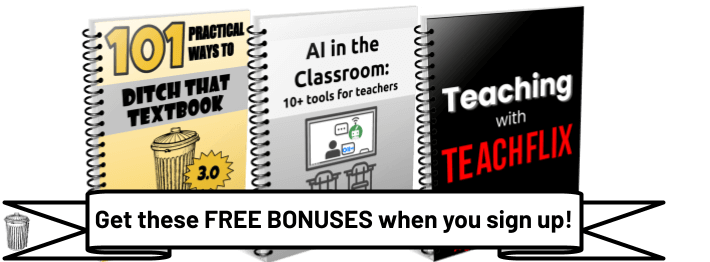
So much is asked of us “outside the classroom” and I always feel guilty saying, “no.” As I am getting older, I am realizing that I absolutely HAVE to start saying no! I am drained in every possible way.
This would be great a fillable pdf.
I recently supervised our student council. It did not go the best. I’m not type A. I’m pretty relaxed. And, I look at leadership in a completely different lens than the two senior girls who were running the show. So, at the end of this hard year, #18 is really impacting my heart. Thank you.